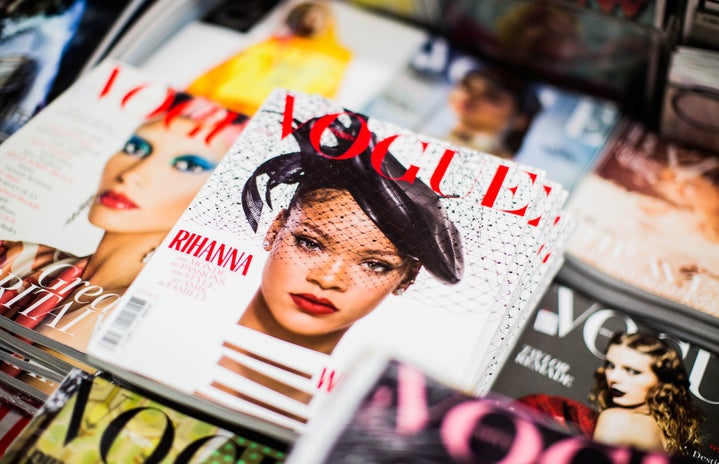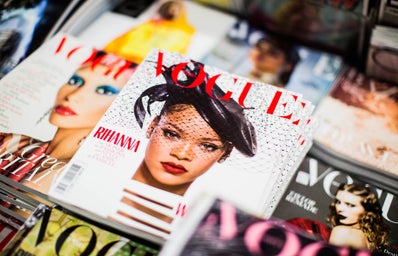On January 10, 2021, HBO announced it was bringing back one of its most beloved series: Sex and the City. The news quickly took social media platforms by storm. Fans expressed their excitement for the ten-episode project and exchanged theories as to which plotlines would be explored. Given the comedy’s controversial legacy, others questioned whether the 2020s really needed to see more of Carrie Bradshaw. After all, the show has never had a person of color as a series regular, repeatedly fueled feminist disapproval, and the character’s overt materialism caused a fair share of backlash over the series’ six-year run. Regardless of the amount of criticism, successfully reviving an iconic yet problematic work isn’t anything new to the television and film industries. Hollywood has long looked to the past to make a quick and easy profit, think Charlie and the Chocolate Factory, Ocean’s Eight or A Star is Born. However, the most recent cohort of remakes, reboots, sequels, and spin-offs has taken on a secondary purpose: to restore Hollywood’s image.
In the past decade, the rise of various social movements such as Me Too and Black Lives Matter has increasingly shed light on the entertainment industry’s racist, sexist, and homophobic past. In consequence, recent features have been attempting to rewrite history via “woke” reboots. Rather than taking chances on new projects from new voices, studios choose to reshoot their old material using a more diverse cast in a flaccid attempt to cover up their past mistakes. Shows like Sex and the City have already established themselves as being commercially successful, therefore HBO knows that rebooting it represents a much lower financial risk than producing a new one. Moreover, the public already knows and loves the characters. All the studio needs to do is cast a few people of color, maybe even include a member of the LGBTQ community, and voilà! What’s problematic about this method is that is takes away from the very value of representation in media.
Historically, older forms of culture, like the ones produced by white Hollywood, have amassed varying forms of capital. The people on top get richer simply by exploiting and shaping the system to their own advantage, a way in which this manifests itself is by consistently releasing reimagined material. This has the effect of keeping new writers and producers—or racial and sexual minorities—out of the mainstream for as long as possible. Reboot culture is in no small part responsible for this phenomenon as it has fundamentally ruined the true value of representation. The public is now used to seeing diverse faces on screen and may therefore think that eras of intolerance are behind them. In fact, such fictitious characterizations only perpetuate the problem; if the dialogue is interchangeable between each and every character, then its words have no power at all.
Will And Just Like That… be any different? I can’t help but wonder. All we know for now is that shooting is set to begin in New York City in late spring, although a release date has yet to be announced. Until then, I suggest you learn how to make a good cosmo, you might need to down a few to make this new series easier to watch.


